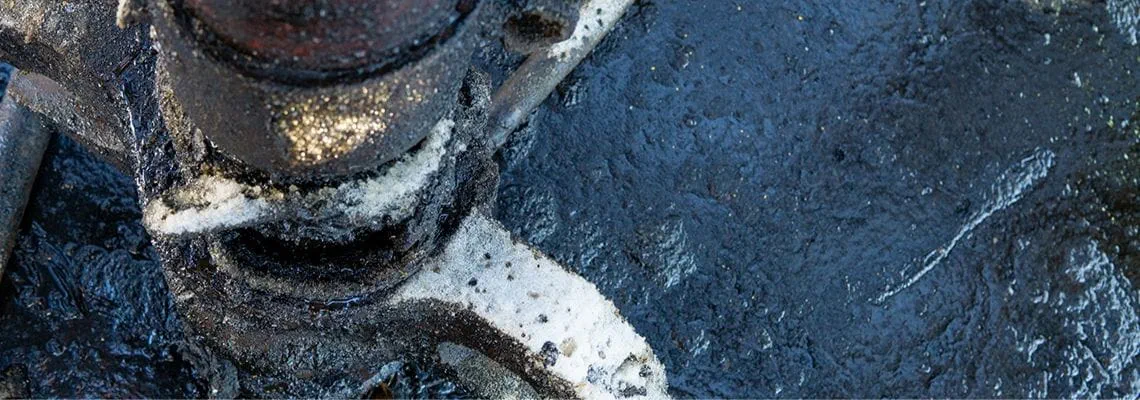Without water, many companies and the products they provide would fail to exist. Water use is a fundamental commodity for nearly every step of the manufacturing and production processes around the world. Whether it's deionised water for electronics and pharmaceutical sectors, or softened water for boiler feed applications, water is necessary and comes embedded in the footprint of virtually item created on the planet. And to put it into perspective: industry accounts for around 40% of total water abstractions. Yet, at the same time, many global companies have manufacturing facilities operating in water scarce parts of the world, with over two thirds of companies now reporting exposure to water risks. This article is designed to provide an essential guide to everything you need to know about industrial water and wastewater.
Industrial uses of water
What is industrial water?
Manufacturing and other industries use water during the production process for either creating their products or cooling equipment used in creating their products. According to the United States Geological Survey (USGS), industrial water is used for fabricating, processing, washing, diluting, cooling, or transporting a product.
Industrial water and wastewater is a by-product of industrial or commercial activities. Whether it's the food we eat or the products we consume, water is required for nearly every step of production across a multitude of different industries. The resulting wastewater must be carefully managed.
Depending on the product being manufactured and the raw water quality in the region, different levels of industrial water treatment technologies will be needed. For , for medical, electronics manufacturing and food processing, deionized water is an essential ingredient. Called ultra pure water (EUP), this has almost all of the minerals, dissolved gas and dirt particles removed from the water which could otherwise interfere with the manufacturing of precise and sensitive products, such as circuit boards.
Meanwhile, feed water is used in boilers and cooling towers to ensure efficiency, maximise boiler and system life, reduce maintenance costs and maintain levels of operational performance.
Industries that have a high usage of water and need for treatment include: brewery and carbonated beverage water; dairy industries; sugar mills and refineries; textile manufacturing; pulp and paper mills; oil and gas; the automotive and aircraft industries and many others.
Industrial water pump
Industrial water pumps are crucial components in many water treatment and processing systems. They are designed to move large volumes of water quickly and efficiently in the industrial water industry. Proper selection, installation, and maintenance are critical to ensuring the pump's optimal performance, minimizing downtime, and reducing operating costs. Regular maintenance, including lubrication, cleaning, and inspection, can prevent premature wear and extend the pump's lifespan.
A barometer of corporate sustainability efforts
As many industrial facilities use freshwater to carry away waste from the plant and into rivers, lakes and oceans, there is a responsibility to ensure pollutants are removed and minimised.
Given the heavy manufacturing taking place, industrial water can contain a multitude of pollutants, including: lead, mercury, nitrates, phosphates, sulphur, oils and petrochemicals.
Four Industrial uses of water
Heavy water using industries can include food, paper, chemicals, refined petroleum, or primary metals. Below is a list of how water is used within several different industries.
Further in this essential guide:
- Four Industrial uses of water
- What is industrial water pollution?
- Industrial water treatment
- Industrial water quality requirements
- Industrial water solutions
Expand your knowledge about industrial water for free.






